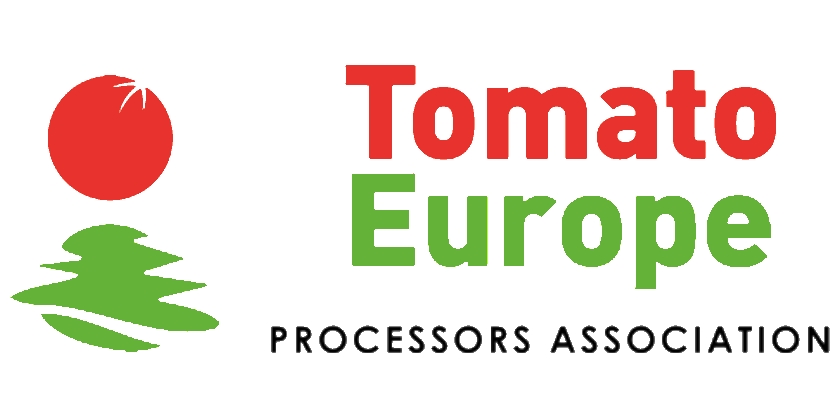Respect for your privacy is our priority
The cookie is a small information file stored in your browser each time you visit our web page.Cookies are useful because they record the history of your activity on our web page. Thus, when you return to the page, it identifies you and configures its content based on your browsing habits, your identity and your preferences.
You may accept cookies or refuse, block or delete cookies, at your convenience. To do this, you can choose from one of the options available on this window or even and if necessary, by configuring your browser.
If you refuse cookies, we can not guarantee the proper functioning of the various features of our web page.
For more information, please read the COOKIES INFORMATION section on our web page.


 In this spirit, TomatoEurope applies uncompromising vigilance when it comes to the possible presence of contaminants in its products. This is certainly the case for the levels of the much-debated Alternaria toxins in tomato-based processed products. Nevertheless, in spite of this strong commitment and the clarification made by Recommendation (EU) 2022/553 of 04/05/22, it is true that difficulties persist in the relationship with our customers, especially German and organic customers, now mainly for media reasons.
In this spirit, TomatoEurope applies uncompromising vigilance when it comes to the possible presence of contaminants in its products. This is certainly the case for the levels of the much-debated Alternaria toxins in tomato-based processed products. Nevertheless, in spite of this strong commitment and the clarification made by Recommendation (EU) 2022/553 of 04/05/22, it is true that difficulties persist in the relationship with our customers, especially German and organic customers, now mainly for media reasons. 





























